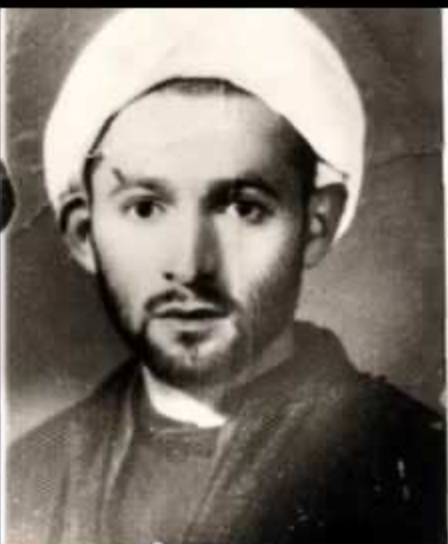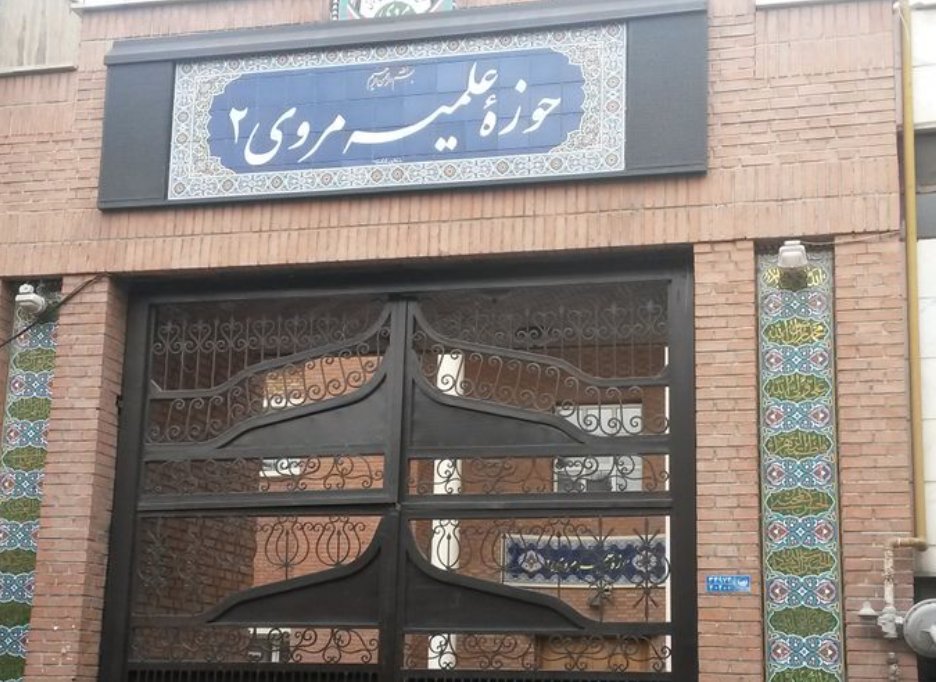My former student Minlib Dallh, a #Dominican from #BurkinaFaso wrote an excellent dissertation on his fellow friar Serge de Beaureceuil and his mystical encounter over the ages with #Hanbali #Sufi of Herat Khwaja ‘Abdullah Ansari (d. 1089) 1/ 

This work was published a few years ago and stands in that excellent #Dominican tradition of theological and mystical engagement in fellowship with Islam and Muslims sunypress.edu/p-6431-the-suf… 2/ 

De Beaureceuil (1917-2005) had trained at the Dominican seminary at Saulchoir in Belgium (established in 1904) with major #Catholic thinkers such as Marie-Dominique Chenu (1895-1990) a significant influence on #VaticanII’s theology of religions 3/ 

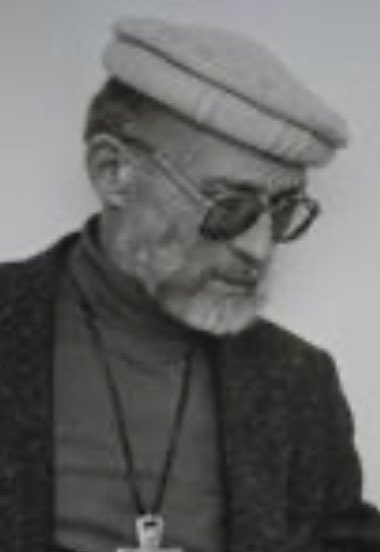
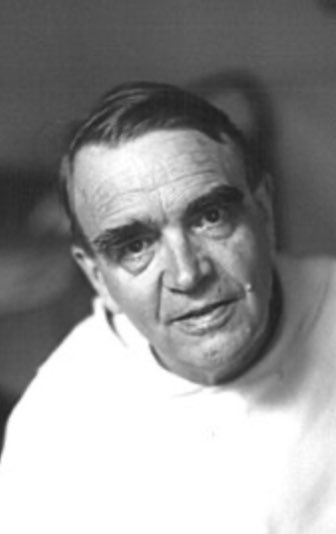
Chenu himself wrote a book in 1937 on #Saulchoir and there are various other studies including this one jstor.org/stable/4440808… 4/ 

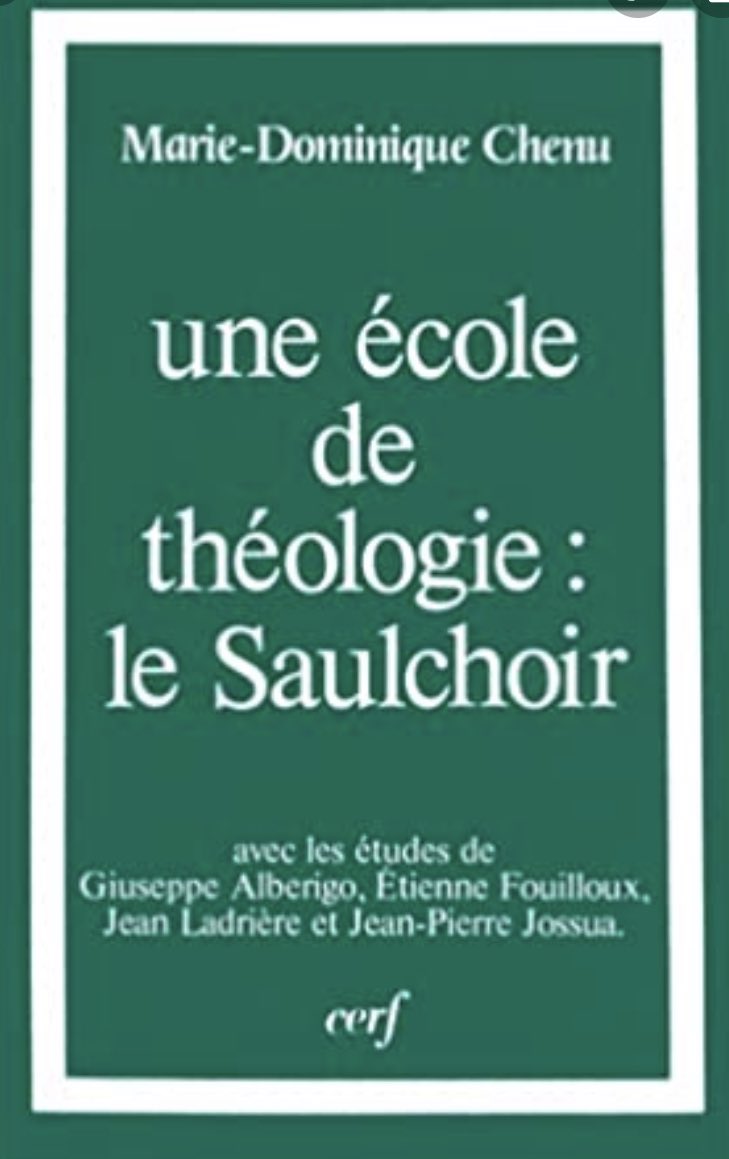

Chenu and Yves Congar (1904-1995), both neo-Thomists influenced by Jacques #Maritain (1882-1973) and Réginald Garrigou-Lagrange (1877-1964), led the ecumenical thrust in Vatican II (1962-1965) that culminated in #LumenGentium and #NostraAetate vatican.va/archive/hist_c… 5/ 







A highly useful theological engagement with those documents is the work of my former colleague and leading #Catholic theologian in Britain Gavin D’Costa global.oup.com/academic/produ… 6/ 

de Beaureceuil was one of the founders of the Institut dominicain des études orientales in #Cairo in 1946 where he began he studies in #Sufism and #Ansari ideo-cairo.org/en/ 7/ 

Later in 1963 he took up a teaching position at #Kabul university and remained for 20 years teaching and caring for orphans and intensifying his encounter with #Ansari 8/ 




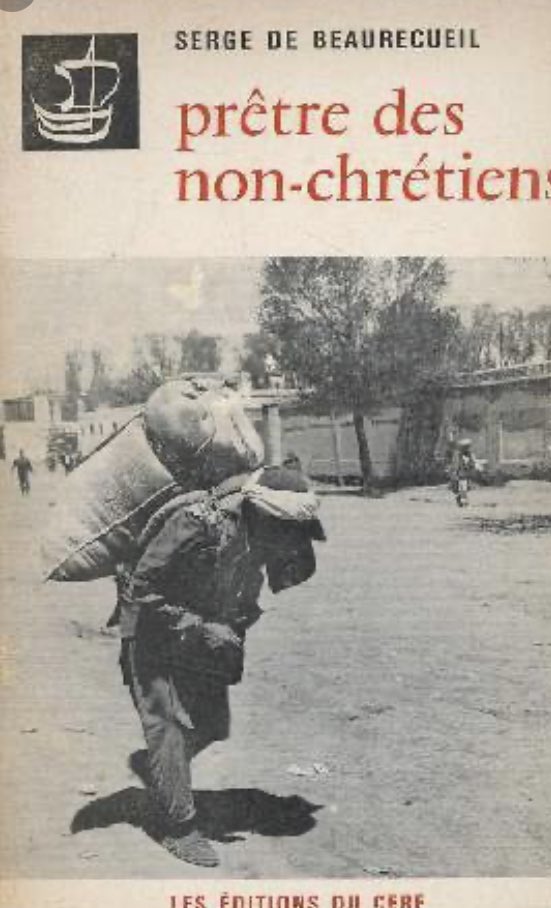
His bearing witness and participating, both guest and host in #Afghanistan led to his work describing that engagement beyond his academic contribution 9/ 

On the academic side he did much to bring the manuscript treasures of #Afghanistan to attention and placed the highly influential #Ansari at the heart of the study of Khurasani #Sufism with his editions and translations of Manazil al-sairin and Munajat 10/ 




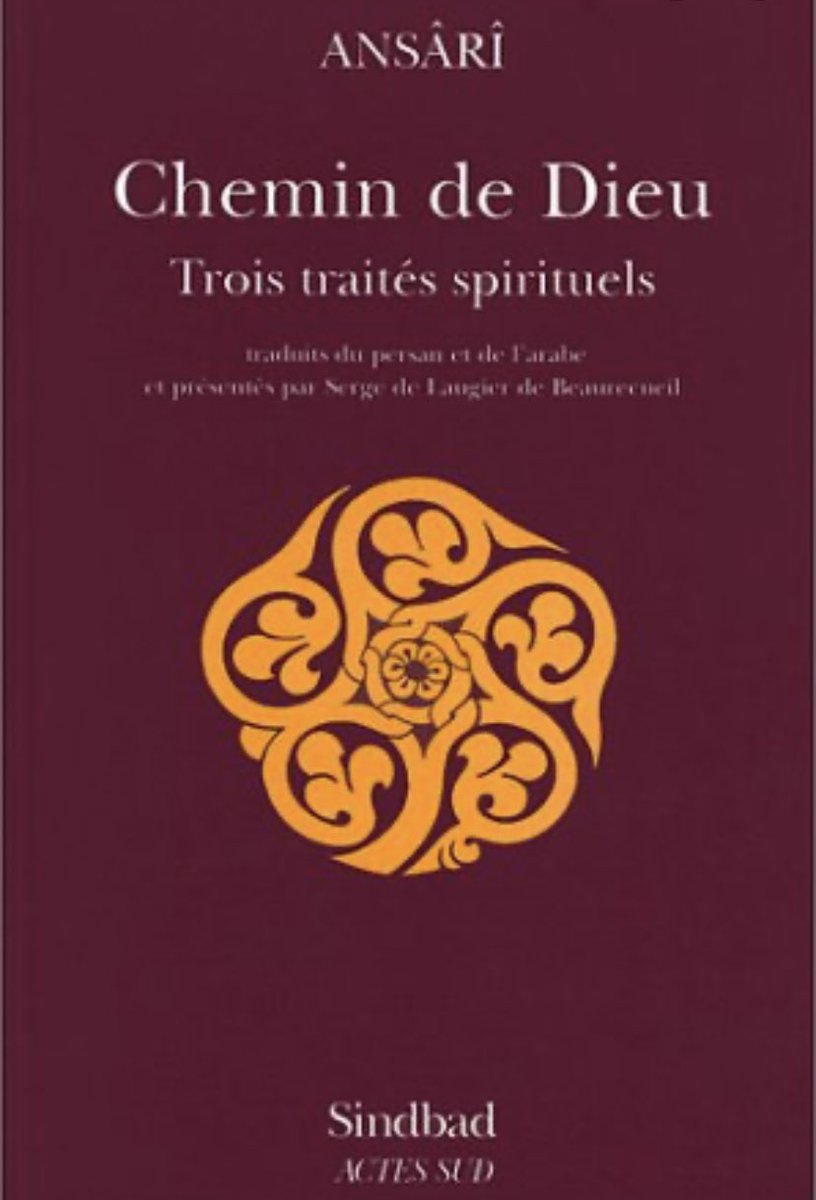


Above all he set a standard for a particular kind of engaged academic - akin to Louis Massignon - whose academic contribution was part of a wider askesis and spiritual practice of being a person of faith engaging with others of faith in their own time and across the centuries 11/
• • •
Missing some Tweet in this thread? You can try to
force a refresh










